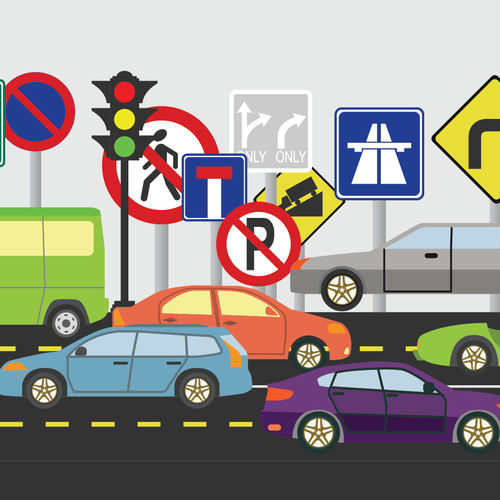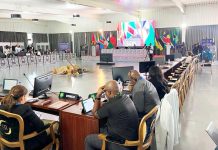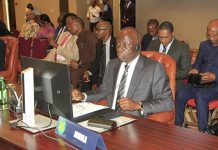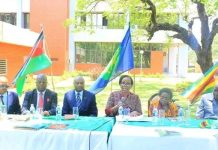MEMBER states of the East African Community (EAC), Common Market for Eastern and Southern Africa (COMESA) and the Southern Africa Development Community (SADC) have agreed to have a uniform syllabus for driving schools and driving testing centres as a move to ensure that they enhance standards.
The agreement was reached at the just-ended three-day Tripartite Transport and Transit Facilitation Programme (TTTFP) consultative workshop in Eastern and Southern Africa held in the Ugandan capital, Kampala.
The workshop was primarily organised to validate standard design specifications for driving training schools, driving testinvehicle load management (VLM) facilities.
The TTTFP programme is relevant for Agenda 2030.
It contributes primarily to the progressive achievement of SDG target 9 (built resilient infrastructure, promote sustainable industrialisation and foster industrialisation), but also promotes progress towards Goal “Develop quality, reliable, sustainable and resilient infrastructure, including regional and trans-border infrastructure, to support economic development and human well-being, with a focus on affordable and equitable access for all.
The overall strategic objective is “to facilitate the development of a more competitive, integrated and liberalised regional road transport market in the East and Southern African region.
The project’s purpose is to develop and implement harmonised road transport policies, laws, regulations and standards for efficient cross- border road transport and transit networks, transport and logistics services, systems and procedures in the East and Southern African region.
National Institute of Transport (NIT) Rector Prof Zacharia Mganilwa, who attended the Kampala meeting, said: “In this agenda, participants wanted to see all member countries having vehicle overloading control to harmonised regulations, standards and uniform management and control systems to support weighbridge developments and permit inter-state coordination.
” He said the programme will provide interventions towards addressing trade and transport challenges as well as improving regional competitiveness and industrialisation in the continent.
According to Prof Mganilwa, the Djibouti, Northern, Central, Dar es Salaam, Nacala, Beira, Maputo, North South and Lobito corridors which serve the 12 semi or fully landlocked/land-linked countries amongst the 21 participating countries in the tripartite region, have also been included in the programme.
The SADC, COMESA and EAC transport sector is composed of road and rail transport, ports, maritime and inland waterways, as well as air transport.







